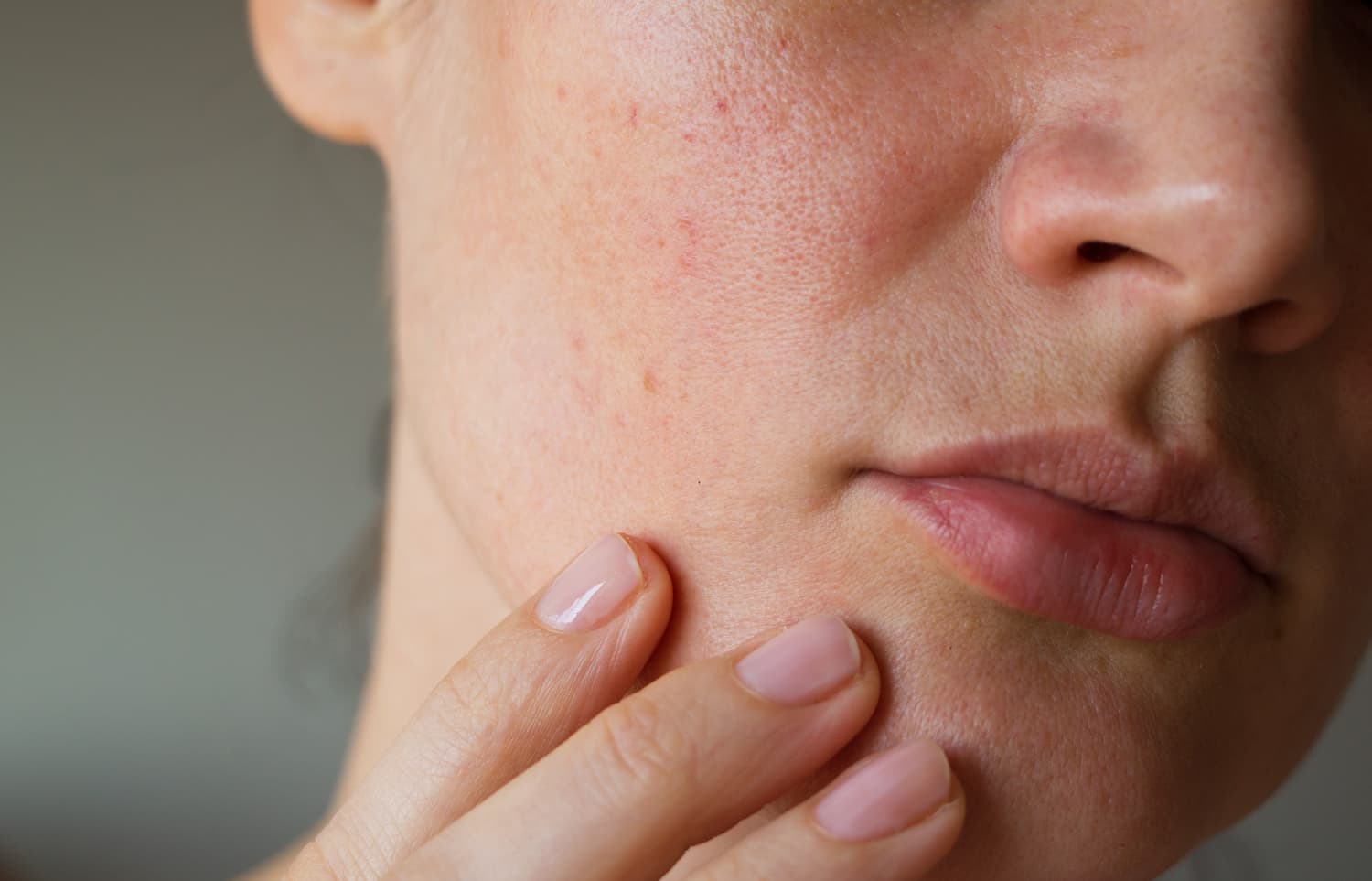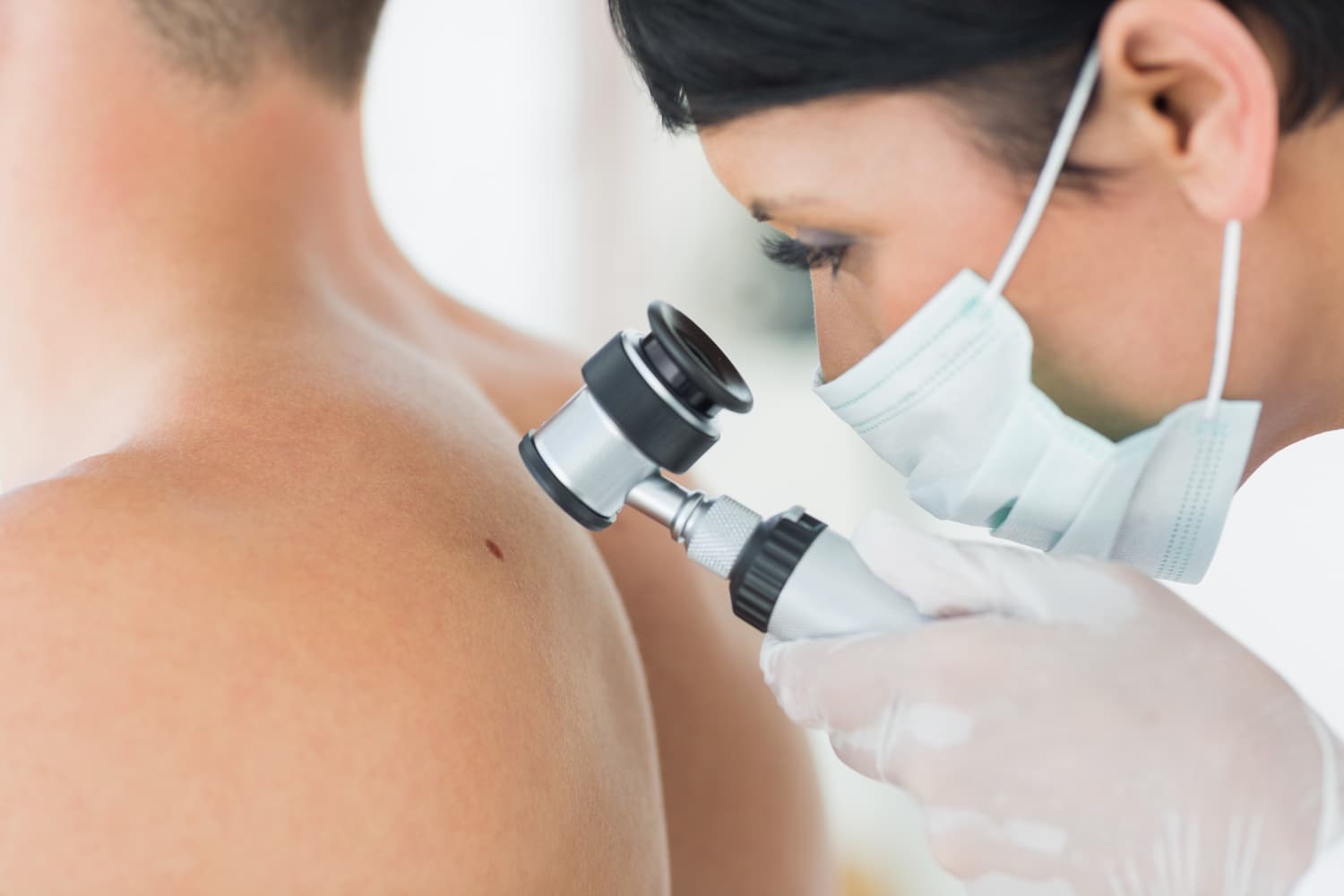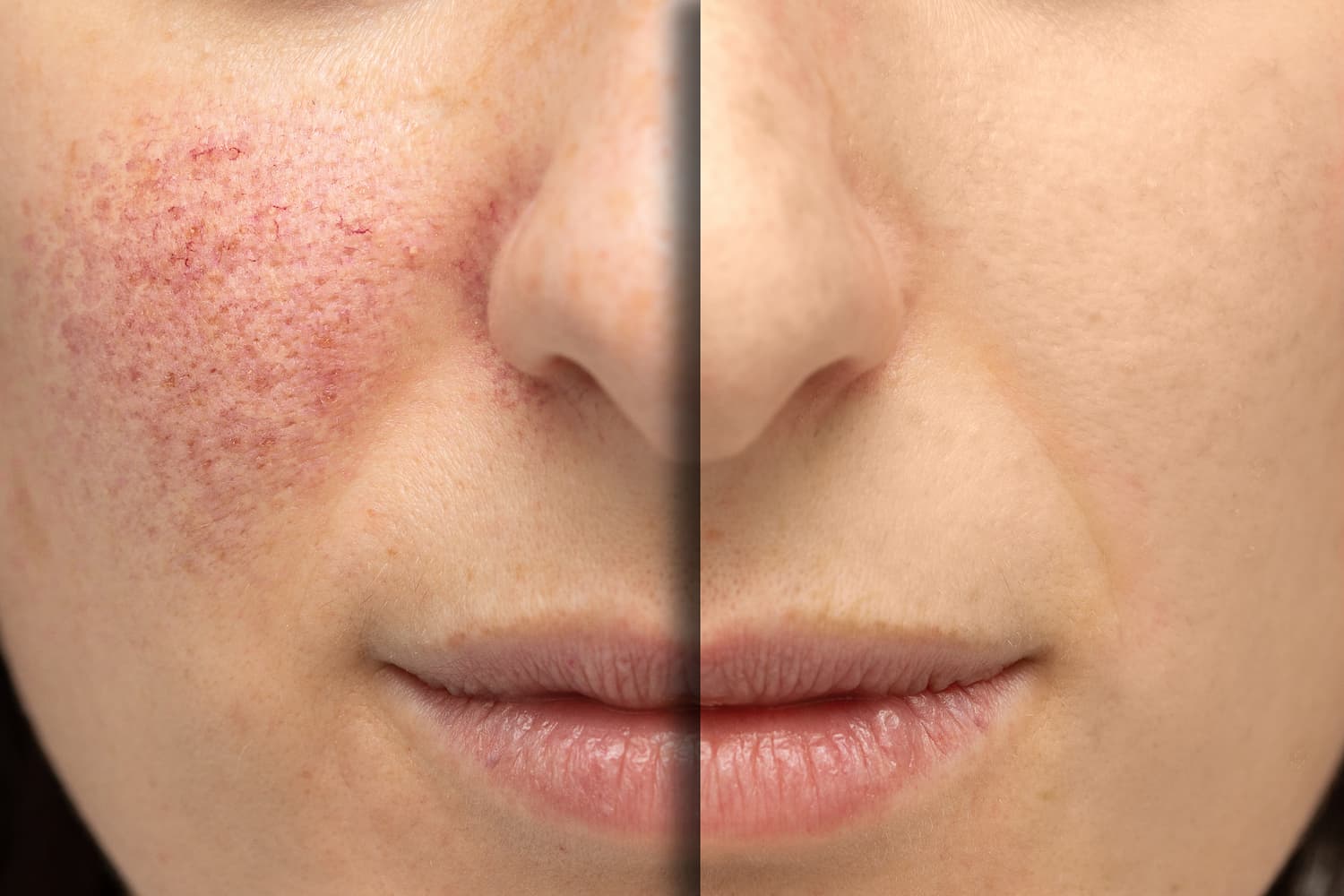No matter where you live, quality sunscreen is a summer essential. And actually, you should be using sunscreen 365 days a year.
But with dozens of options on the market, how do you know which sunscreen is the best option? From SPF to specific formulations, we’re covering it all in our quick and easy guide to sunscreen.
How to Choose the Best Sunscreen and Sunblock
When shopping for sunscreen, the most crucial step is to read the different labels before deciding. FDA regulations require that every sunscreen label follow specific guidelines, so you can count on finding valuable information no matter what brand you’re considering.
Here’s what you need to know about how to find the best sunblock options for you:
Broad-Spectrum is Essential
The sun emits two types of harmful rays: UVA and UVB. In order to protect yourself from both, you must use a sunscreen labeled “broad spectrum.”
All sunblocks are formulated to block UVB rays, but only broad-spectrum sunscreens serve as a safeguard against UVA rays as well. And in order to include “broad-spectrum” on its label, sunscreen is required to pass specific tests.
UVB rays are a leading contributor to sunburn and skin cancer, but UVA rays can also be a critical factor in skin cancer and premature aging. So, selecting a broad-spectrum sunscreen is a must.
Know Which SPF is Best For You
The SPF number of a sunscreen refers to the level of protection the formula provides against the sun’s UVB rays. SPF stands for “sun protection factor,” representing the percentage of UVB rays a specific sunscreen can filter out.
The bare minimum is SPF 15, but the American Cancer Society recommends that you go no lower than SPF 30. At SPF 30, sunscreen filters out about 97% of UVB rays. As you go higher in SPF, protection increases incrementally. So, SPF 50 sunscreens filter approximately 98% of UVB rays, and SPF 100 average about 99%. No sunscreen can provide 100% protection. However, any sunscreen below SPF 15 must be labeled with a warning that it can only help protect against sunburns, not skin cancer or aging.
Understand the Difference Between “Waterproof” and “Water-Resistant”
Most people don’t realize that once they get in a swimming pool or start sweating, there is a time limit on the sun protection their sunblock can offer. No sunscreens are entirely “waterproof” or “sweatproof,” and these two words are prohibited from being used on sunscreen labels.
However, you can find “water-resistant” and “sweat-resistant” sunscreens. These formulations can better withstand moisture so that they can last longer on your skin. Any sunscreen that claims to be water-resistant has to clearly state whether it can last for 40 or 80 minutes while swimming/sweating. Read the label, and follow the instructions accordingly.
Regardless of the type of sunscreen you choose, you should be reapplying at least every 2 hours – more often if you’re in the water or sweating. Also, remember that sunscreen easily rubs off when you towel dry your skin, so put more on every time.
Look For the Best Body Sunscreen and a Great Face Sunscreen
While you can use a body sunscreen on your face – and it will protect your skin just fine – the thicker, heavier formulas often aren’t ideal. A sunscreen specifically formulated for your face is a better option, particularly if you have sensitive or acne-prone skin.
The labels for facial sunscreen are precisely the same as those for the body: you’ll want to look for broad-spectrum and a minimum of SPF 15. Aim for an even higher SPF if possible to prevent the signs of aging and sun damage.
Mineral sunscreens are generally the best bet for breakout-prone or sensitive skin. Chemical sunscreens are effective but can result in irritation for certain people.
Many face sunscreens offer a multitude of benefits, ranging from subtle tinting to blur skin imperfections to hydrating formulas for a soft, dewy complexion. Depending on your skincare needs, the right face sunscreen will be a staple of your skincare routine.
Protect Your Skin Like a Professional
Whether you’ve always been a master of sun protection or hoping to undo the damage of summers gone by, Affiliated Dermatology® is your trusted team of experienced professionals.
Our Arizona dermatology offices have locations throughout the Valley, making regular visits incredibly convenient. From your annual skin check and skin cancer prevention to healing sun damage and other skin concerns, Affiliated Dermatology® is ready to help. Plus, our Phoenix dermatologists carry an extensive selection of professional-quality skincare and wellness products, simplifying your search for the best sunscreens, moisturizers, and more.
Keep your skin safe and beautiful, even during the harsh Arizona summers. Contact Affiliated Dermatology® to schedule a consultation today!





